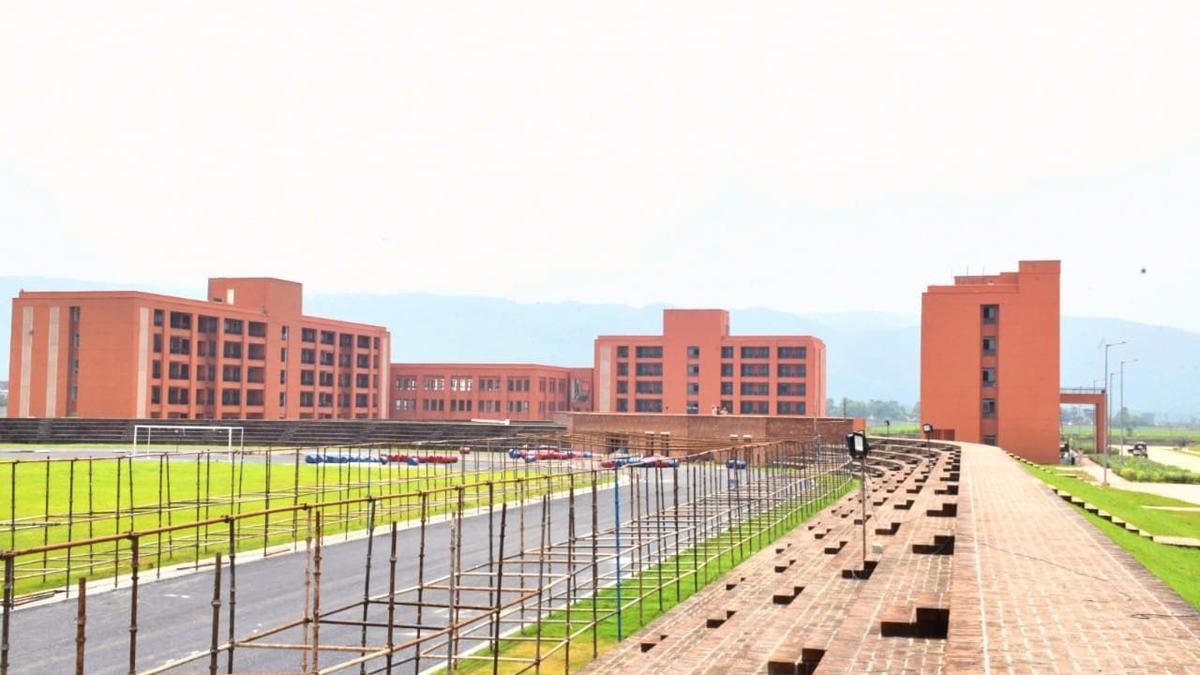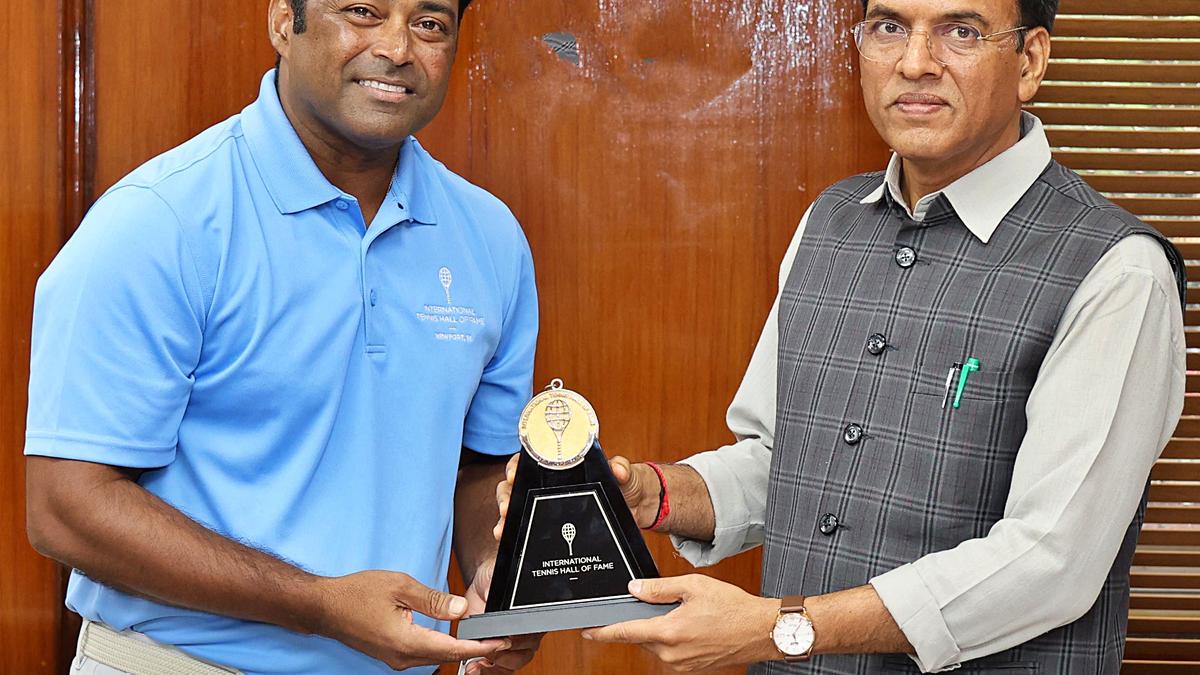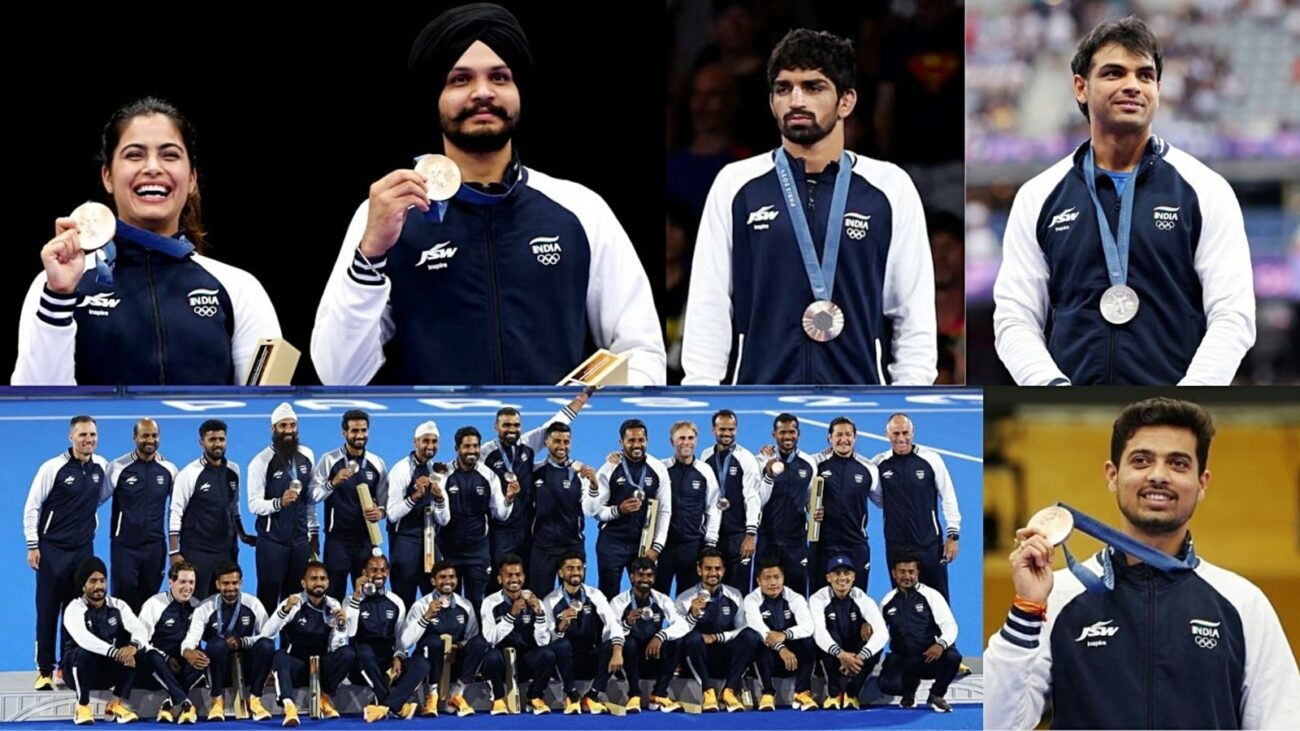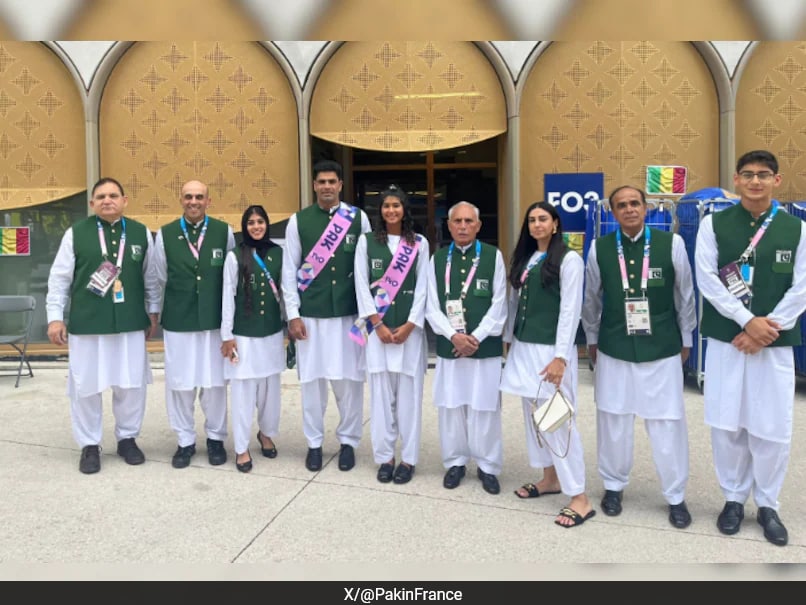Bihar’s Rajgir Sports Complex: A Game-Changer for the State’s Sporting Future
Bihar, a state not traditionally known for its sporting prowess, is poised to make a mark on the national sports scene with the inauguration of the state-of-the-art Rajgir Sports Complex. The 90-acre facility, built at a cost of ₹740 crores, is set to host the women’s Asian Champions Trophy hockey tournament, marking a significant milestone for the state.
The complex boasts a world-class cricket stadium, along with facilities for 25 different sports, including hockey, football, kabaddi, volleyball, swimming, and wrestling. The hockey arena, which is the first to be completed, features a playing field identical to the one used at the Paris Olympics and can accommodate up to 10,000 spectators.
The complex’s design stands out for its traditional aesthetic, with buildings constructed primarily of bricks and stone, giving it a grand and historic feel. The hockey venue is adorned with murals depicting ancient Nalanda as a renowned center of learning, reflecting the state’s rich cultural heritage.
Beyond the physical infrastructure, the Rajgir Sports Complex aims to be a hub for sports science and development. Plans are underway for a Bihar Sports University, modeled after the National Institute of Sports in Patiala, to provide advanced training and academic opportunities for athletes. The complex will also house a state-of-the-art sports research facility, hospital, and library.
Chief coach Harendra Singh, a native of Bihar, expressed his enthusiasm for the complex’s potential to transform the state’s sporting landscape. He believes it will provide local athletes with access to international-standard infrastructure and training, fostering their growth and development.
The Asian Champions Trophy tournament has generated a sense of excitement and celebration in the state, coinciding with the festive period of Chhath. The event is seen as an extension of the festive spirit, with locals eager to witness the high-level competition.
The Rajgir Sports Complex is a testament to Bihar’s commitment to promoting sports and providing its athletes with the resources they need to excel. It is expected to serve as a catalyst for the state’s sporting development, inspiring future generations of athletes and showcasing Bihar’s potential as a sporting powerhouse.






